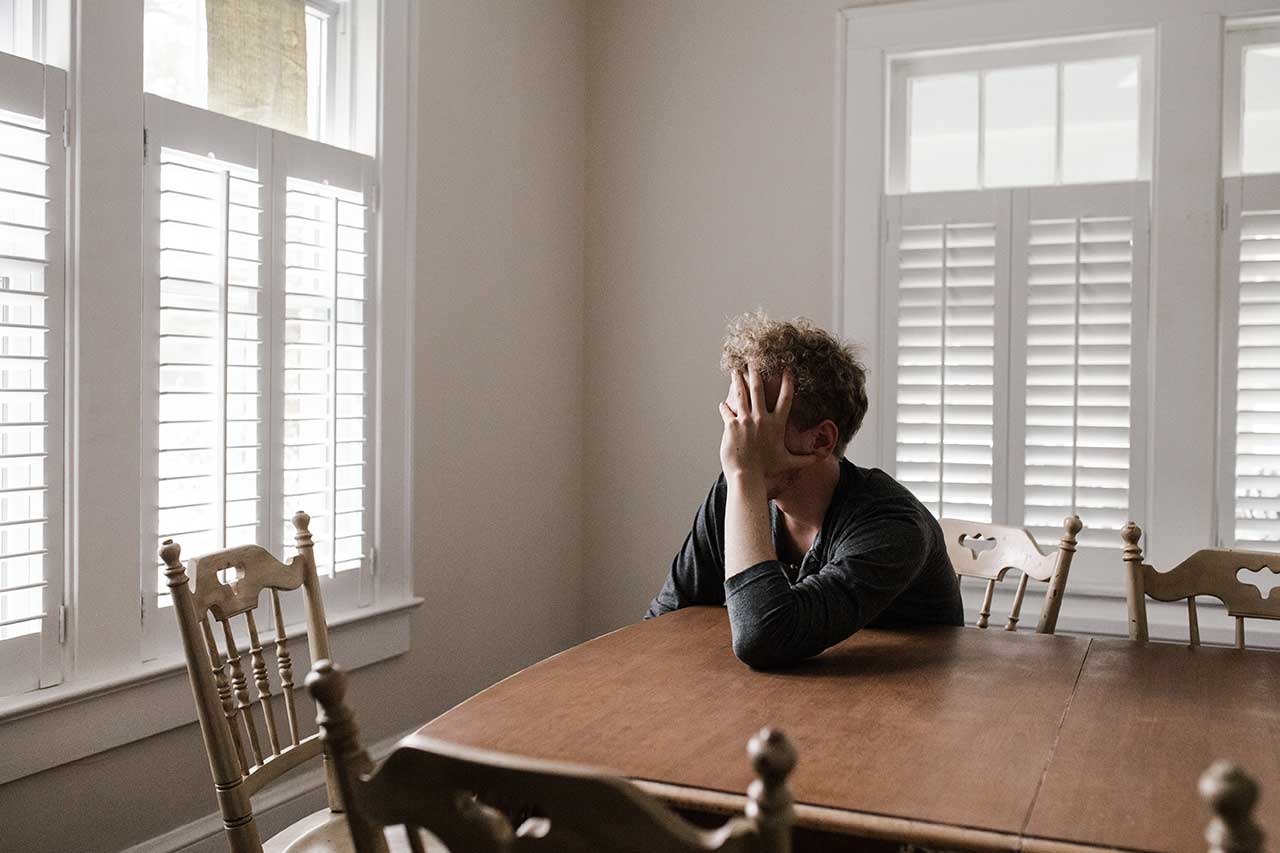An addict walks into a crowded room, “Is this my intervention?”
Substance abuse has long been a common cause of anxiety and why shouldn’t it be? Using drugs such as cocaine, methamphetamines or other stimulants actually produces heart racing and paranoia. Many addicts and alcoholics report feeling regularly anxious due to their unhealthy lifestyle alone. Anxiety can be situational, however, long term consistent anxiety is actually considered a mental illness. Without effective anxiety treatment, this occurrence can have serious consequences. Anxiety and substance abuse can cause problems in seeking recovery.
So drugs and alcohol can cause or trigger anxiety, but does it work the other way around?
The answer is yes. Individuals suffering from anxiety, social, situational, or chronic are twice as likely to develop an addiction or alcoholic behavior. Those suffering from anxiety find temporary relief and solace in drugs and alcohol. Self-medication is ineffective and only works temporarily. Addiction develops quickly when an individual tries to recreate the relief from anxiety they found with a taste or that first drink or drug.
What’s a co-occurring disorder?
When a person suffering from both anxiety and substance abuse enters a treatment center, an evaluation will be conducted to determine if they suffer from what is known as a co-occurring disorder. Simply put a co-occurring disorder is two or more mental illnesses, which exist at the same time. Treatment for both is required for recovery to work for either.
We are a dual diagnosis treatment center.
Dual diagnosis means we are well-equipped with the proper medical and therapeutic staff to help you recover from both addiction and co-occurring disorders. It is impossible to treat anxiety if substance abuse is still present. Substance abuse treated without help for anxiety will generally result in a relapse of addictive behavior.
If you or someone you love is suffering from anxiety and substance abuse it is best to find a treatment center that is effective and experienced in dual diagnosis. Success rates from long term sobriety are dramatically higher if co-occurring disorders are treated properly. Recovery is possible and with the right tools and diagnosis, it could be yours today.


 Should I Detox From Alcohol At Home?
Should I Detox From Alcohol At Home?